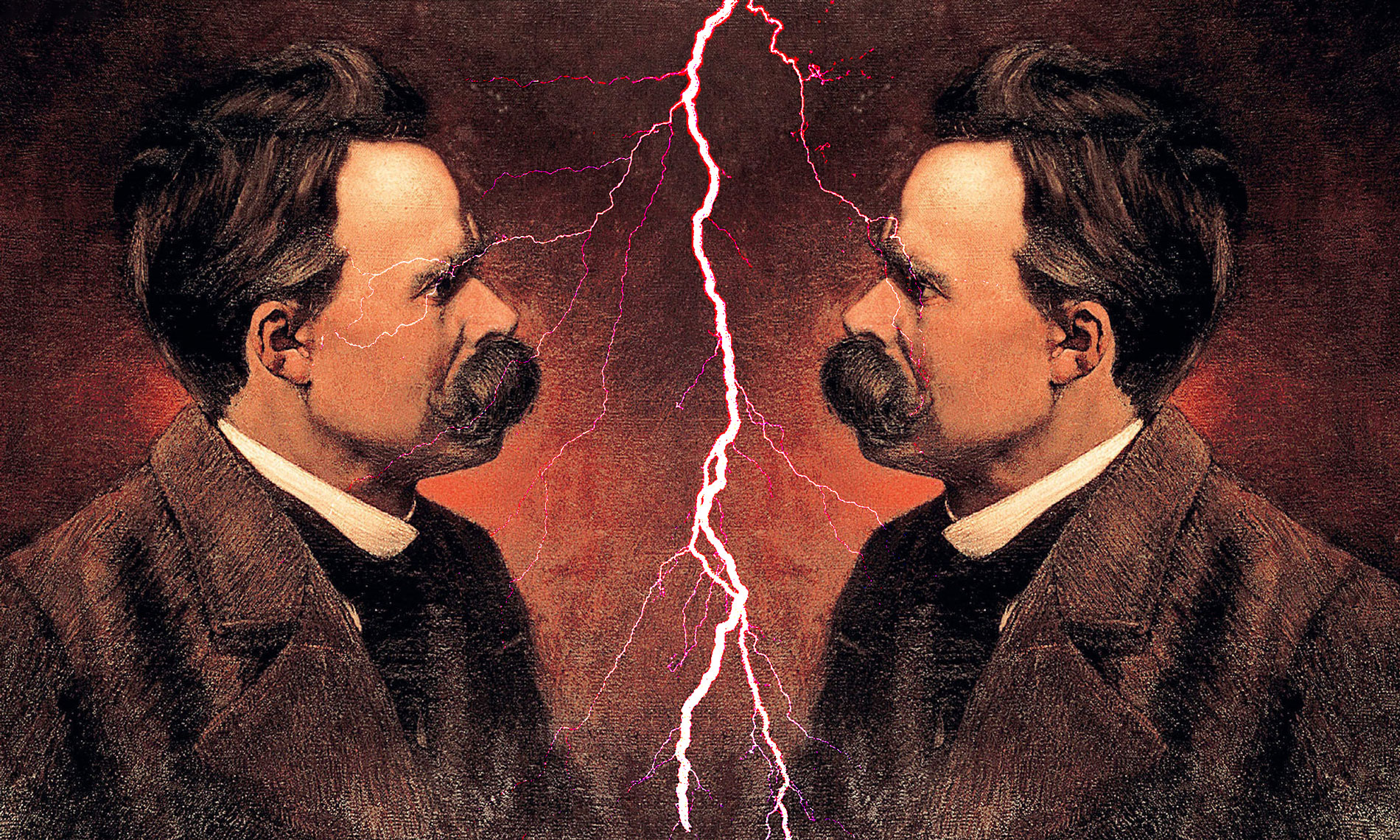
Tomorrow will be the day of Superman, Nietzsche predicted. He saw right, a few years before 1900. Waiting for tomorrow, announcing Superman, Superwoman is already there. Nietzsche had not predicted that. To arrive at the future Superman, Nietzsche had to get rid of another hypothesis, a very embarrassing one according to him: the hypothesis of God.
God Hypothesis
In the positivist climate of the late 19th century, God seemed incongruous. Once necessary to explain the world, recourse to a Creator had become contingent, even dangerous. The God of the Bible and other religions claims to be the author of all that is, man included. For Nietzsche and his contemporaries, these premises are unacceptable. Man is self-sufficient.
To recognize that a God has created us, that he has plans for us, that we are necessary cogs in a whole that exceeds us – this is what Nietzsche cannot admit. We are free: whether God loves us or not, he cannot assign us any purpose.
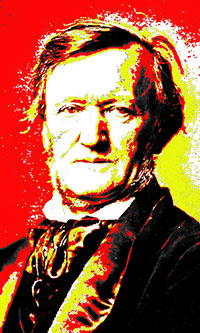 Nietzsche makes of Man an idea too high to subordinate his soul to anyone, God or devil. A Wagnerian impulse to which responds his passion for excess, the hubris of the ancient Greeks.
Nietzsche makes of Man an idea too high to subordinate his soul to anyone, God or devil. A Wagnerian impulse to which responds his passion for excess, the hubris of the ancient Greeks.
To kill God in order to give birth to Man is high. “The categories of being can no longer be brought back to a primary cause,” he writes. Whether you are tall, brown, black or yellow does not depend on the choice of another than you.
Free Will
All these things are not by chance. Nor is anyone, not even the great Osiris, the name the Egyptians give to chance. For Nietzsche, you are the only guarantor of your destiny, the only decision-maker of your life, the only storyteller of your past. And on this point, I agree.
There is no one up there pulling the strings of the puppet you are, Nietzsche tells us. Putting your destiny in your hands alone makes you, already, the future Superman. It was taking a huge risk in view of the narrowness of views and the rigor of principles in this 19th century Germany.
Exhilarating freedom of absolute free will! The young Nietzsche drinks it like champagne. He cultivates it to excess, to hubris, the sacred intoxication of Dionysus. His century judges and condemns him.
This shocking freedom that he brandishes as a standard could well become contagious. It would bring society to all the excesses, all the excesses of hubris. Without the carrot of God and the stick of the Devil, the sacrosanct morality is gone. And it hurts.
The past in the garbage
Nietzsche saw this blunder and fell into it. The moral law, a corollary of God’s invention, is to be loathed. In The Genealogy of Morality and especially in Beyond Good and Evil, the philosopher leaves a first trace on the virgin slopes of Metamorality.
There is no need to accomplish Good rather than Evil, Nietzsche replies to old Kant and his “moral law deep in our hearts”. No more safeguards, it becomes big off-piste with Friedrich going live in the powder.
“The idea of “God” was until now the greatest objection against existence…” he explains not without reason. He might as well have said “the moral law” instead of “the idea of God“. Now that he has made a clean slate of all the pains-to-enjoy, human or divine, what will he do? Not much. Nothing more than his work, liberating and poisonous. Adopted by the Nazis, denatured by Goebbels, the philosophy of the Übermensch justified the aryanismesuperiority of an imaginary white Aryan race. Not to be confused with Arianism, medieval heresy, and the Holocaust. The work always escapes its author. Nietzsche is a collateral victim of the Holocaust. It is time to do him justice. His superman is nothing Nazi.
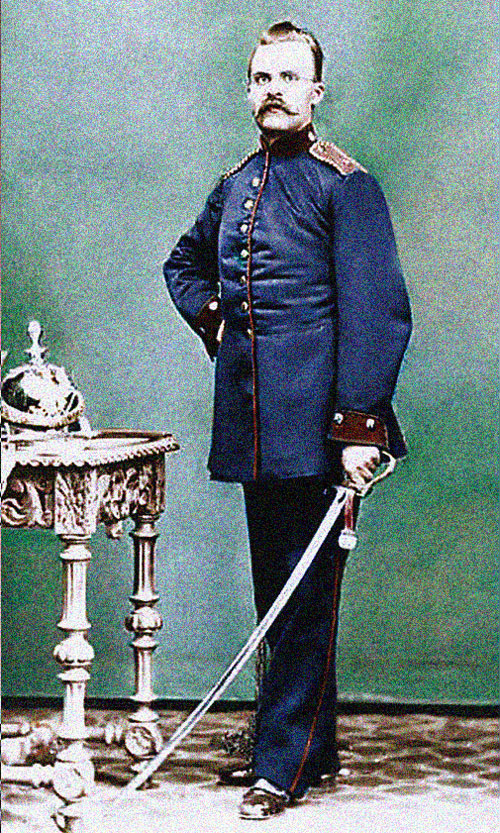
Tomorrow Nietzsche
“One does not try to achieve a “ideal of humanity”, an “ideal of happiness”, or an “ideal of morality”, – it is absurd to want to divert one’s being towards any goal.” No goal, that’s the best way to be free. No program. No schedule. No appointments. No requirements. No constraints.
Holà, this is something to finish homeless! ” Not at all, answers Nietzsche from beyond the grave. If the Nazis had understood, they could not have used me like that. But I was dead, and decided to stay dead. So I let it happen. My time hasn’t come yet.”
It was half-heartedly understood that Friedrich appreciates death. Which, in a sense, is reassuring. Since he seems to be in a hurry, let’s continue chatting. Now that you’re dead, have you seen God? He’s with you, right?
“But no, God is not dead, you fool,” replies Nietzsche. I only killed the idea of God, I did not kill the living.”
Puzzled
“I killed myself, not in person, but in the idea that I would be made. You can’t kill anybody, you go on with your life beyond your death and gossip, no, I didn’t kill God. Who can? All that lives, the friend Rée, Salomé, you like me, such is God. By definition, the living cannot die. It is the idea of death that must be killed” And he left in a big wet noise.
I was puzzled. Immortal, such is Nietzsche. Many times I felt him close to me, I caught his beaded laughter, his irony of the one who understood that there is nothing to understand and that everything is good to take, the sweet as the bad. I know he’s alive. His life is hanging by a thread, certainly. But is it not the same for all of us?
Another question haunts me. If Nietzsche is alive, why is he dead? The living is what dies. So? Is dying still living?
May well, answered no one.
Utopia is simply what has not yet been tried.
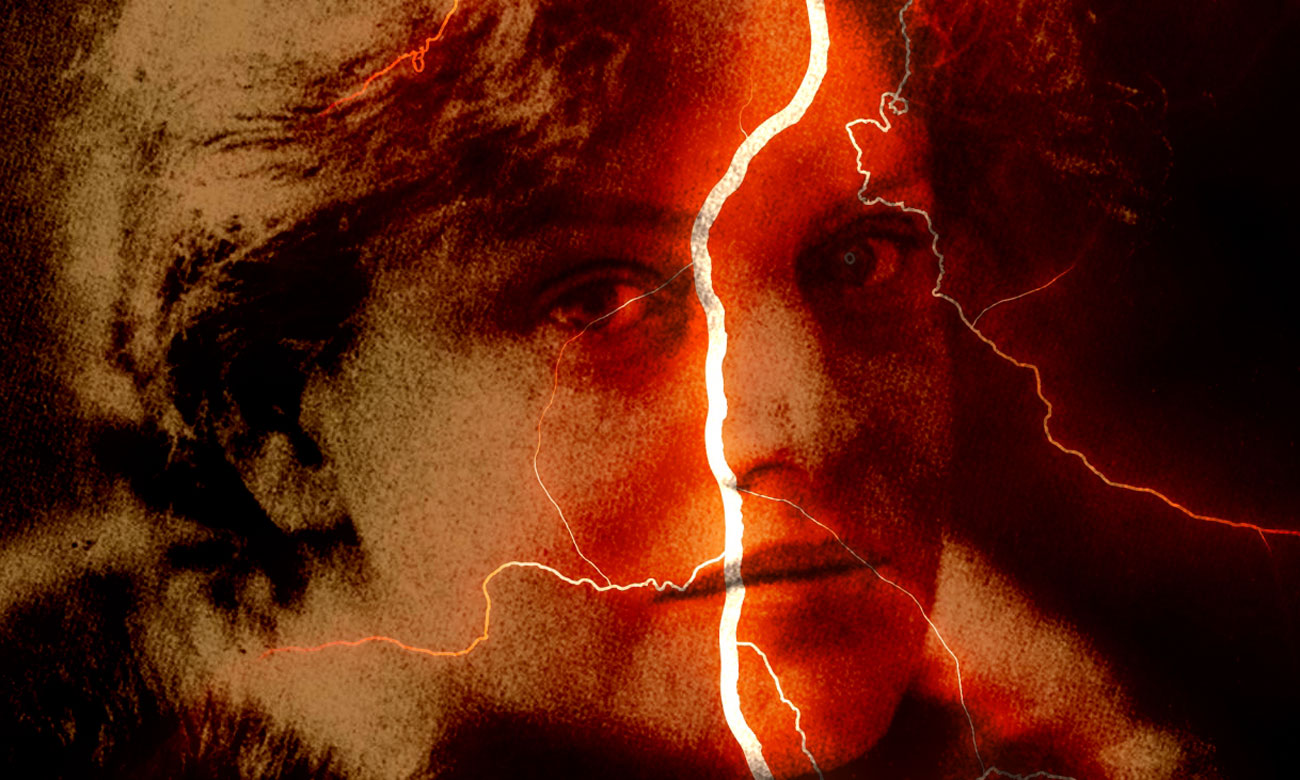
Idea killer
There are too many ideas, they run on us, they eat us and it excites them. To kill ideas that have become useless is a work of public salvation. A great man has risen to accomplish this indispensable task. He was standing on the edge of this century where he lived only a few months. All his life, Nietzsche carried his gun with him. Killer of ideas!
At the dawn of the next century, I follow in his footsteps, conscious of having neither his genius nor his importance. But to honor the silence, I advance. Who speaks wears me out, who is silent kills me. So I speak in silence, with my fingers on the keyboard. And like him, I break ideas in two. I revisit the distant past. I measure in its light a present that seems even more distant to me.
Ideas are still so numerous and too often false. Many are black. Most are so short that they last a long time, they burst to dazzle a short moment before nothingness. The swallower does not wait for the number of ideas. He shoots. He ventilates. He scatters all over Europe, like a puzzle.
Lou
Nietzsche rolled his hump, he rolled his carriage. When he stands against the background of the setting sun, all the ideas he has just killed are seen lying at his feet. While dying in the 19th century, Nietzsche, father of the 20th, son of his works and brother of men, remembers those he did not have. I’m talking about ideas, but not only. Women as well.
In April 1882, Nietzsche was 38 when he met Lou Andreas Salomé, whom he fell madly in love with. If there is a Surfemme in this century, it is her, it is Lou. A threesome does not put her off, it is a friend of Friedrich who plays the third role. The delirium that settles in this triplet, this enlarged couple, prelude to the madness born of excess. Hubris again, still drunkenness. God is no longer there to punish, love embellishes everything, even the end.
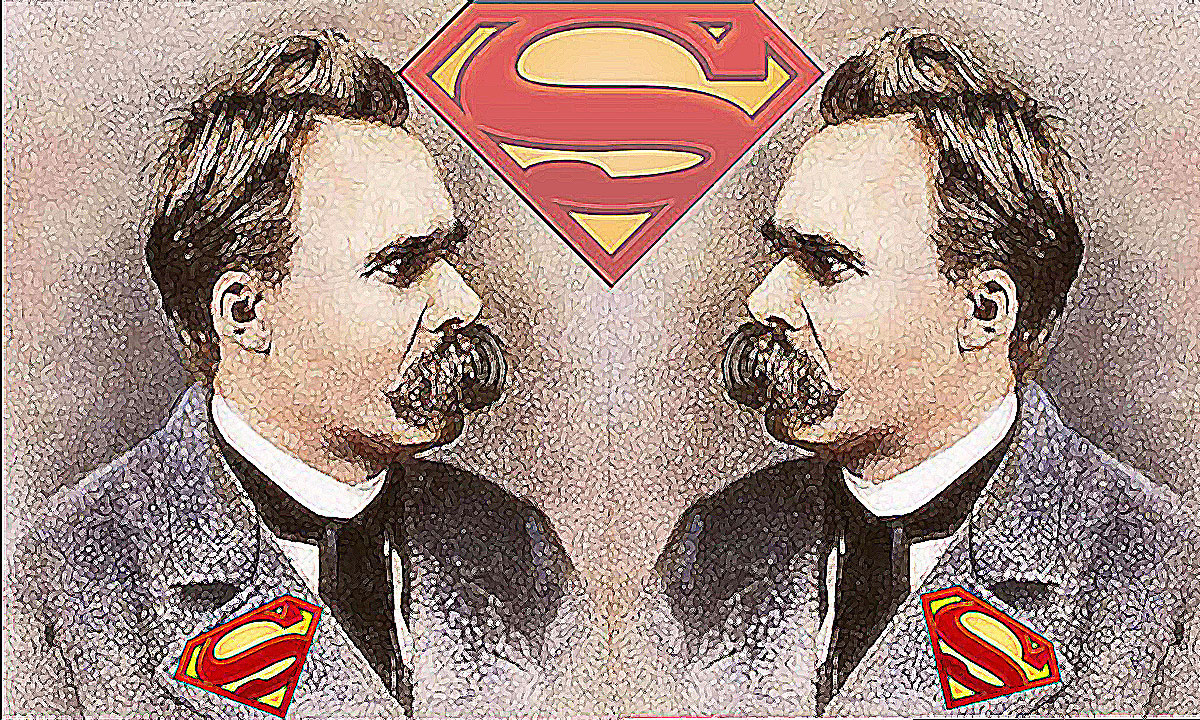
We Were Asleep
It is the awakening of a planetary, universal consciousness. It is the unshakeable certainty that certainties are no longer unshakable. It is the jasmine revolution, the spring of Bourges and the festival of underwear under the burka. End of a waking nightmare. We all slept, we didn’t know. We let ourselves be fooled. The superman is the man you are, the woman I am, without his goal in kit. More than naked ideal.
I know I am right. And all others are wrong.
Sad fate
Nietzsche is not dead, he is still alive. He who was a superman, much more than the supermen of newspaper made in USA, he who was almost god, how could he disappear forever? Nietzsche touched at the tip of the wings the divine condition which is the prerogative of the great initiates. And the possible destiny of everyone.
The divine seed that Sophia put in us, Nietzsche made it germinate. A seedling grew in her heart. A tree has developed in him, pushing his branches towards the celestial infinity, and his roots towards the glaucous depths. Through them ascended dark creatures, the archons. The smell of superhumanity enticed them, they settled there.
He did not distrust it. How could he have known that his only salvation was to evacuate them by his branches? To let them escape from above? Despite his visionary genius, he did not know. He did not see. He did not believe. The infected creatures nested in his luminous fibers. The darkness that is theirs invaded him. Madness took him. It never let go of him.
I would not know this fate. The paths of energy are my garden. I know them like my empty pockets. With nothing to lose, I can only win. Defeat is not an option.
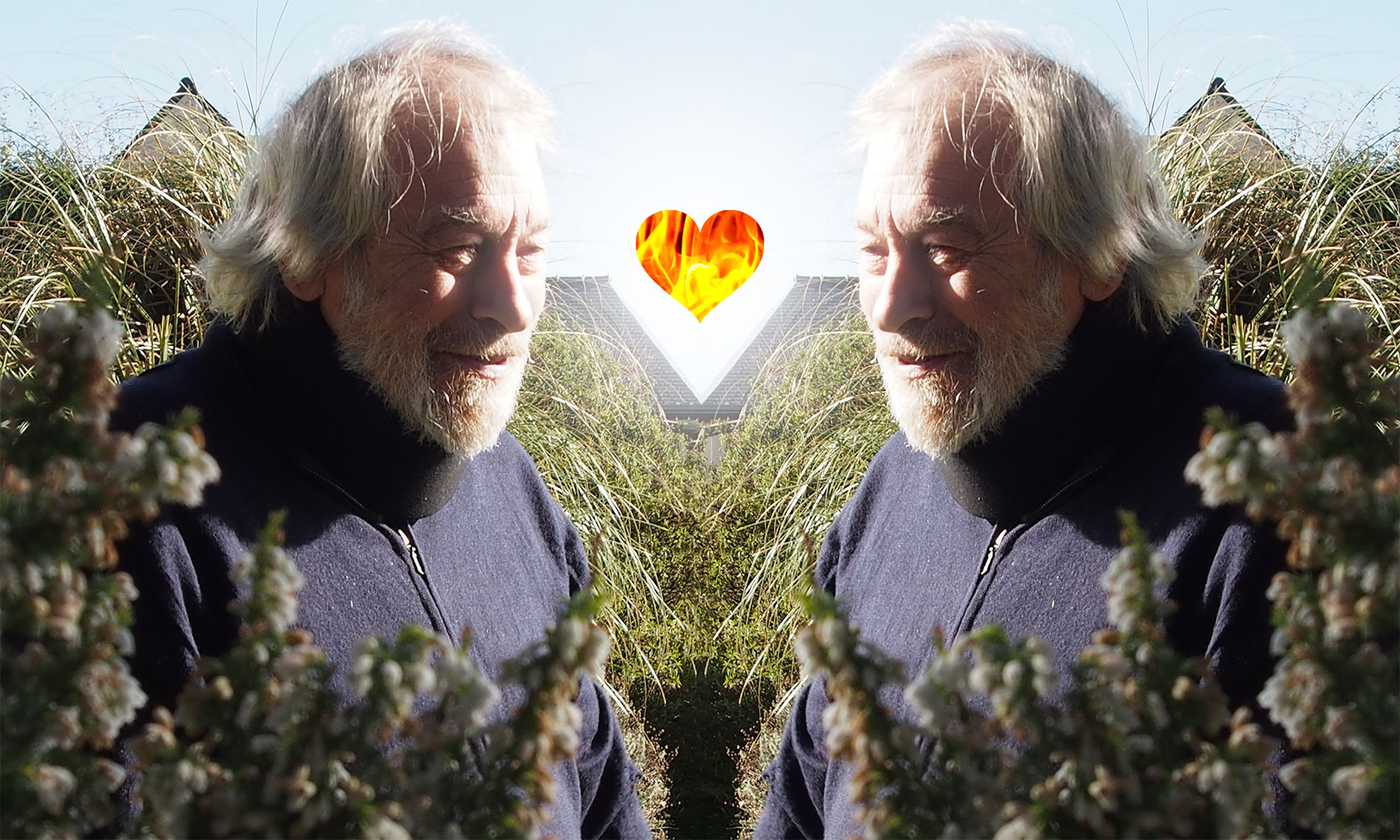
What risk for the warrior except his life or death ?
We shall overcome.


